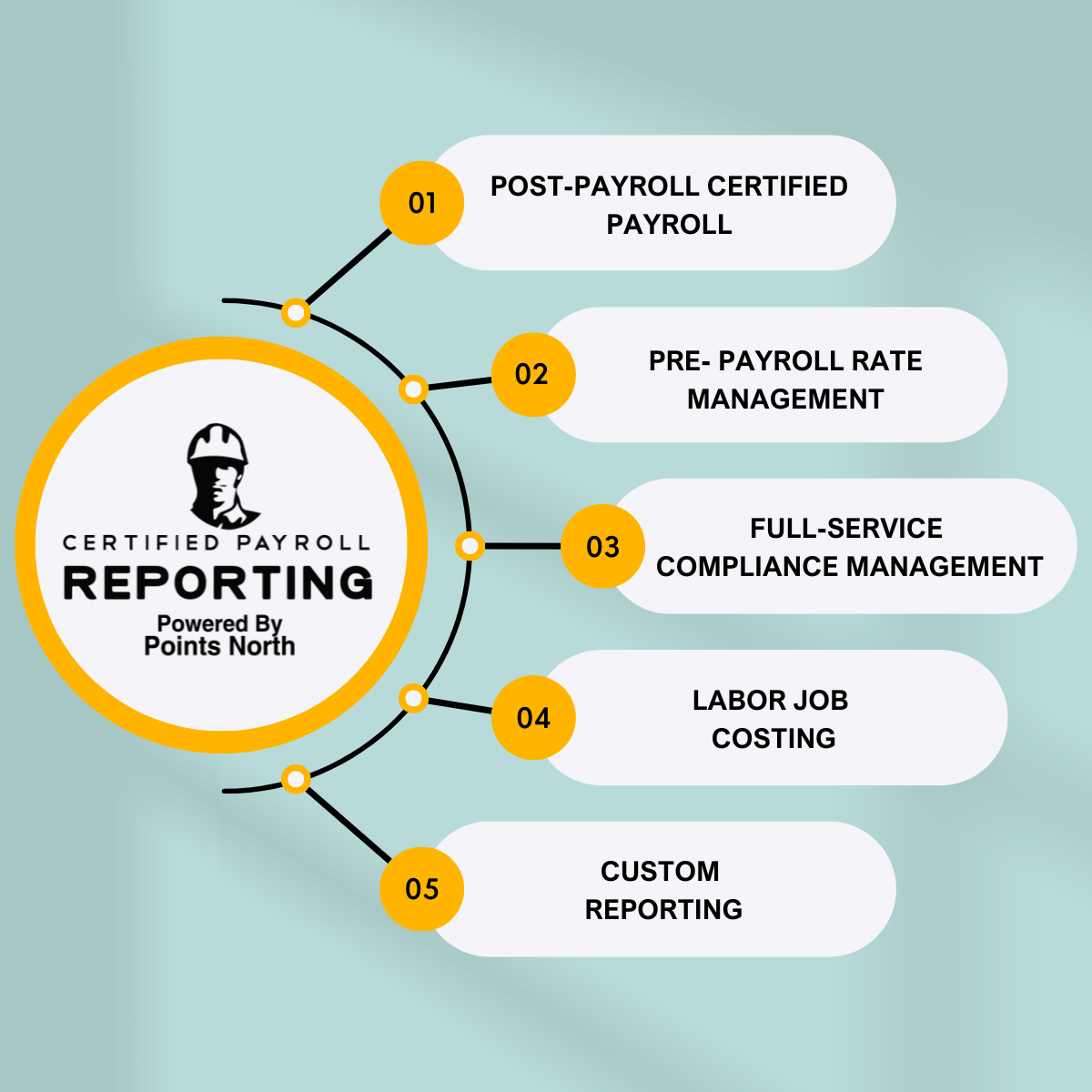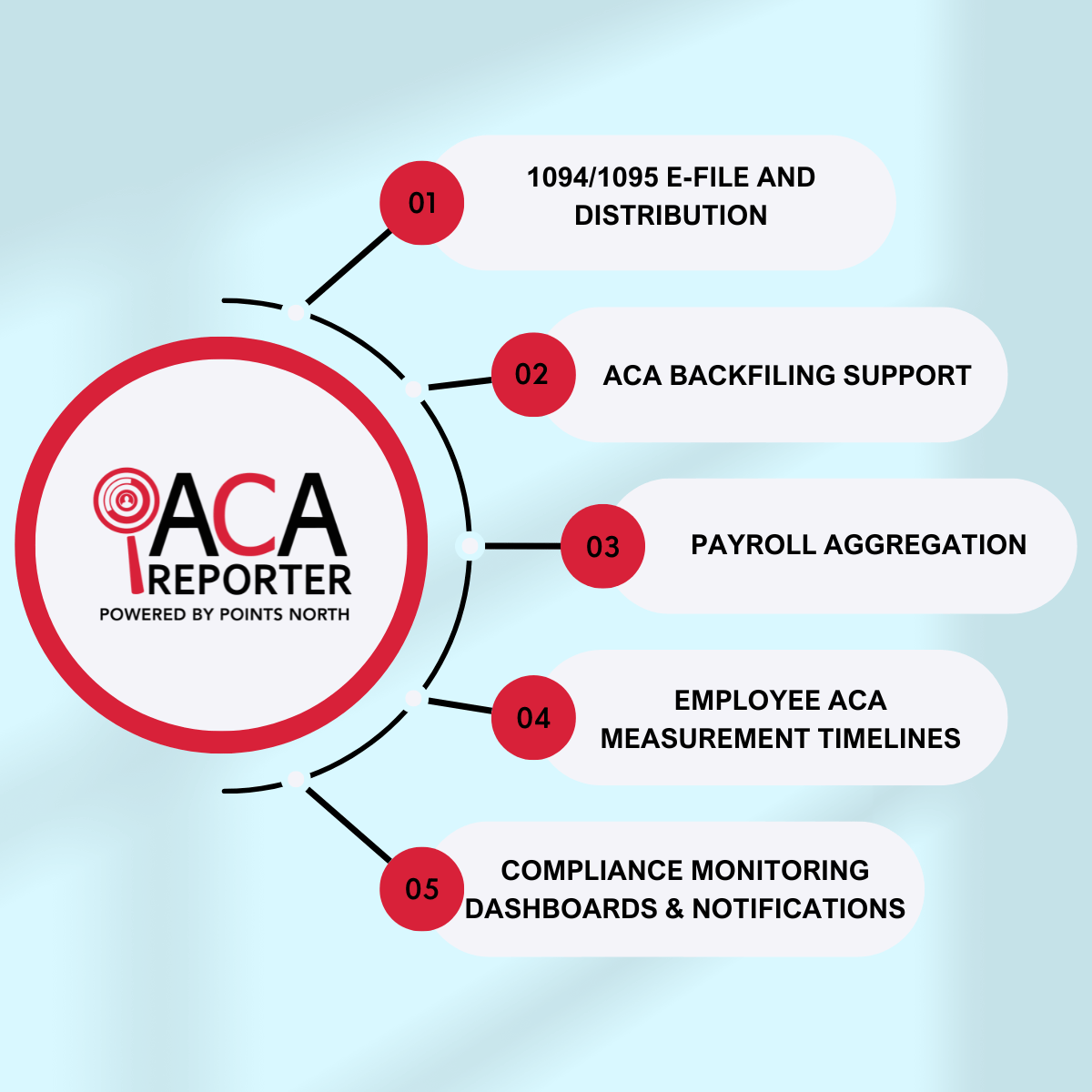The minimum value is a policy concept that applies to employer-sponsored health insurance, and premium tax credits are used to offset the cost of individually purchased health coverage plans. An individual isn't eligible for premium tax credits in the individual market if, is eligible for affordable, minimum value employer-sponsored health insurance.
If the employer's health coverage offer doesn't provide adequate value, there are possibilities subjecting to financial penalties.
To provide minimum value, an employer-sponsored health plan has to pay for at least 60% of total covered healthcare costs, and it has to provide substantially all inpatient care and physician services.

IRS published Notice
The IRS published Notice 2014-69 in November 2014 added employee-sponsored plan requirements. According to it, the health care plan must have physician services and inpatient care coverage under minimum value. The main concern behind this release was that many large employees were offering plans that were not covering much but still fit under the umbrella of Minimum Value.
Small and large Group Market
Minimum value health plans providers in small Group markets have to include essential health benefits, inpatient and outpatient care, and these must have actuarial values of at least roughly 60% (with effective dates of January 2014 or later).
Minimum value health plans providers in large Group markets have to use a value calculator developed by HHS to make sure they are actually offering minimum value.
Penalties By IRS
There are two different employer mandate penalties:
Penalties for employers that don't offer Minimum Value: The first is for large companies who do not provide health insurance to at least 95 percent of their full-time employees, and at least one of those full-time employees purchases a plan via the exchange and qualifies for a premium subsidy.
Penalties for employers that offer Minimum Value: This is imposed on the companies providing coverage but is unaffordable and/or does not provide minimal value, and at least one of the full-time employees gets a premium subsidy from the exchange.
Minimum Value and Your Coverage
If your employer is offering the health coverage plan, chances are good that they are offering minimum value.
In case you have not opted to get into the plan, and your employer offers coverage, chances are good that your employer does provide minimum value.
To comply with the Affordable Care Act.18, all Small group plans have to provide minimum value.
Large employers often want to avoid the employer mandate penalty and they typically offer a generous benefits package to attract and retain talented employees.
You should ask your employer about your health insurance benefits they're offering you with the bare minimum of benefits. In case it turns the other way, refusal is a choice and you can apply for coverage through your state's health insurance market , where you may be eligible for Premium subsidies.
Bottom-line
To be eligible for subsidies in the exchange, you need to make sure either your employer's plan is not providing minimum value or it is not affordable. if this is not the case you are not going to be eligible.






.png)